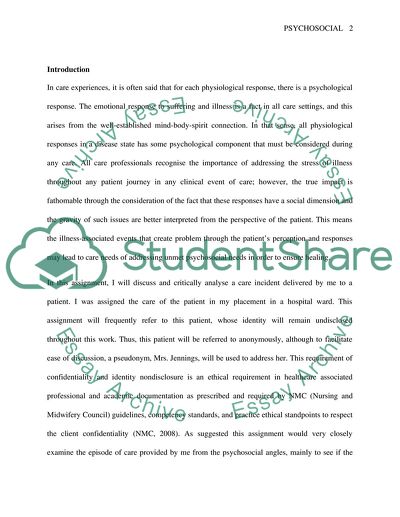Cite this document
(Caring after a Hard Patient to Give Her Necessary Support Assignment, n.d.)
Caring after a Hard Patient to Give Her Necessary Support Assignment. Retrieved from https://studentshare.org/nursing/1737482-psychosocial
Caring after a Hard Patient to Give Her Necessary Support Assignment. Retrieved from https://studentshare.org/nursing/1737482-psychosocial
(Caring After a Hard Patient to Give Her Necessary Support Assignment)
Caring After a Hard Patient to Give Her Necessary Support Assignment. https://studentshare.org/nursing/1737482-psychosocial.
Caring After a Hard Patient to Give Her Necessary Support Assignment. https://studentshare.org/nursing/1737482-psychosocial.
“Caring After a Hard Patient to Give Her Necessary Support Assignment”, n.d. https://studentshare.org/nursing/1737482-psychosocial.


